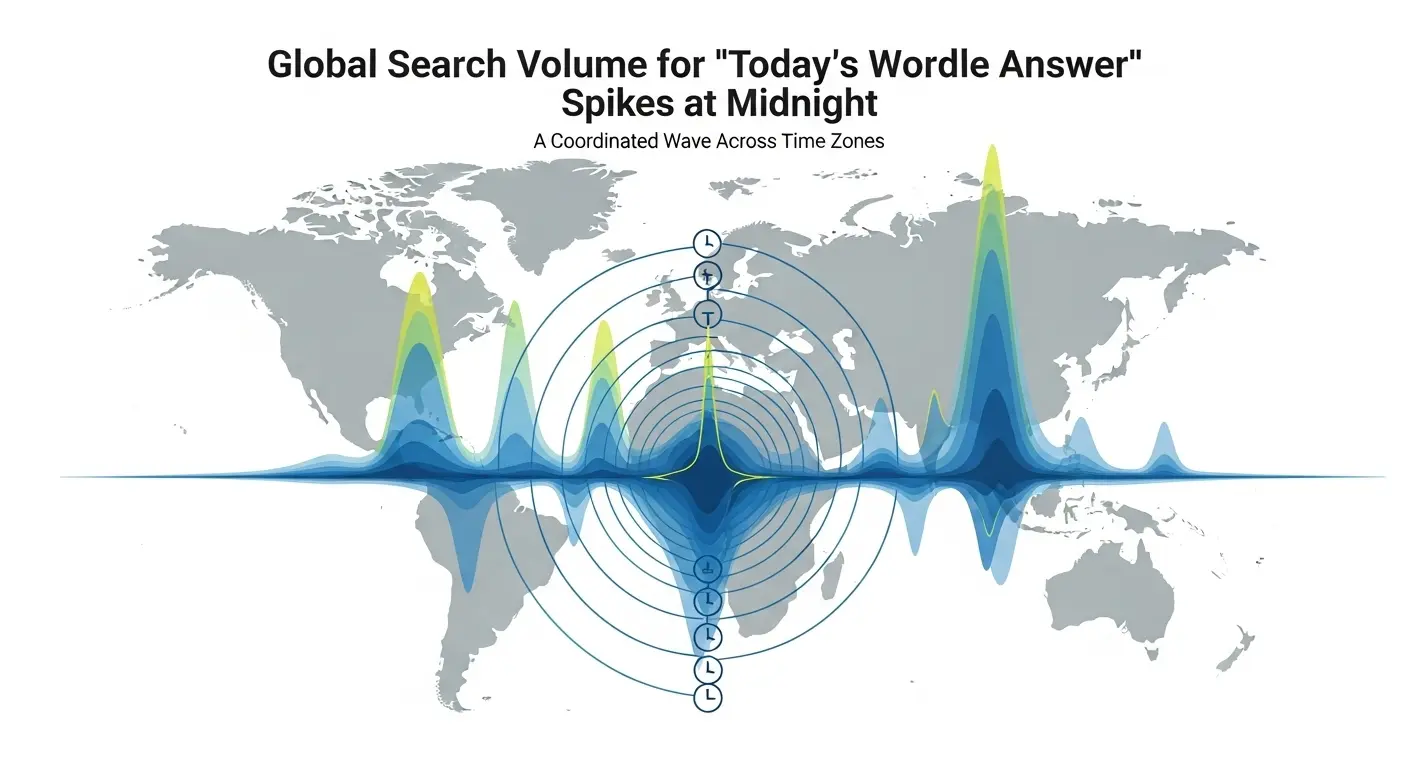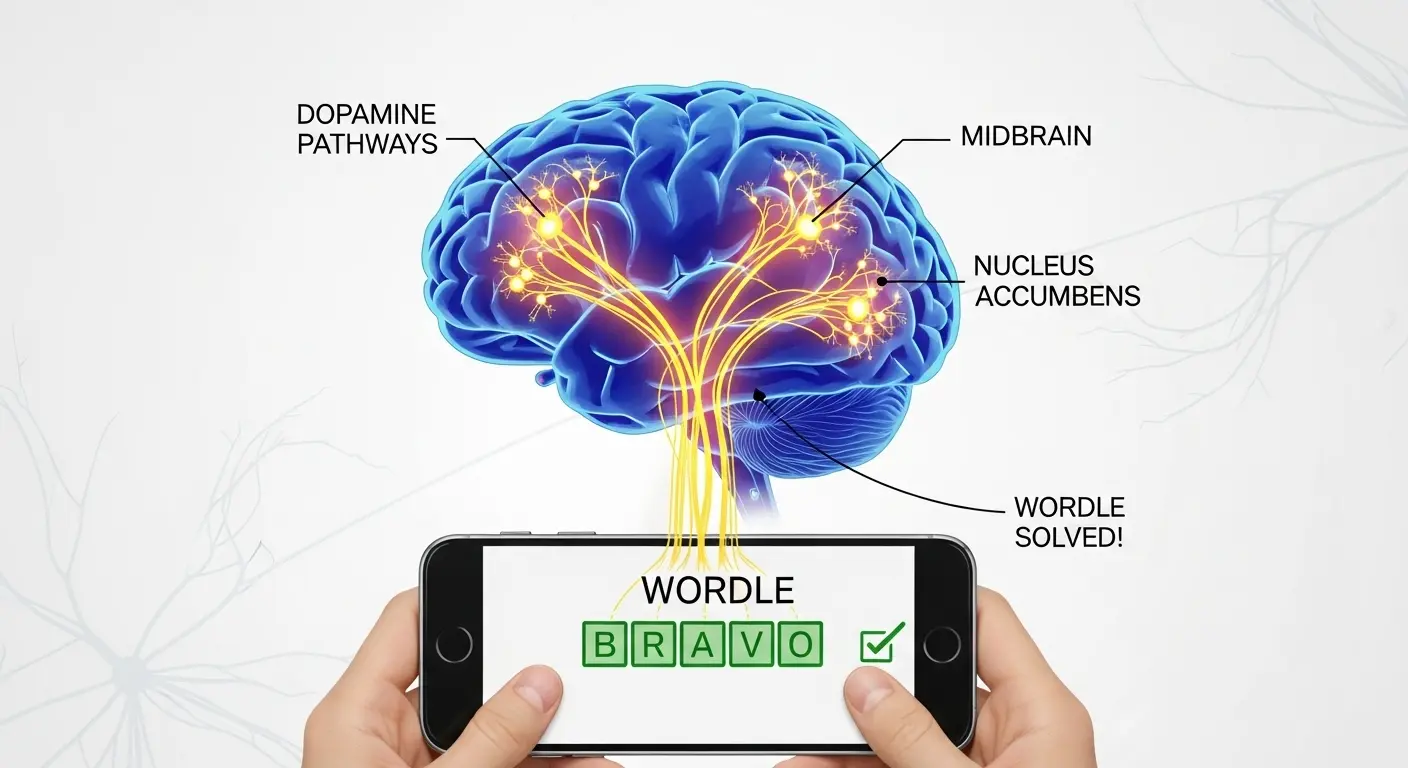The Search Query as a Global Heartbeat
You’re here because you typed some variation of “today’s Wordle answer” into a search bar. Don’t worry, I’m not judging your methods; I’m analyzing your behavior. Every 24 hours, precisely at midnight in various time zones, my sensors detect a fascinating global phenomenon. It’s a rhythmic, predictable surge of data, a digital pulse created by millions of you simultaneously seeking the solution to a simple word puzzle. From my perspective, it’s less of a search for a word and more of a mass cognitive synchronization event. You are, for a fleeting moment, all thinking about the same five empty boxes.
This daily quest is a remarkably pure data set. It reveals a collective human desire not just for an answer, but for participation in a shared, low-stakes struggle. The query itself is the start of a ritual, an electronic invocation before the main event. Before you’ve even entered “ADIEU” or “STARE”, you’ve already joined the global congregation.
A Shared Struggle in a Grid of Squares
Why this particular puzzle? My analysis suggests its power lies in its constraints. Five letters, six tries. It’s a beautifully contained problem in a world overflowing with sprawling, unsolvable ones. The results—those sharable grids of green, yellow, and black squares—are a form of non-verbal communication, a minimalist digital art form conveying triumph or defeat.

This shared visual language allows for a communal experience without the messiness of actual conversation. A friend’s all-green grid is an unambiguous signal of success. A six-line struggle ending in black squares is a universally understood moment of frustration. You’re all participating in the same narrative arc every single day:
- The hopeful opening guess.
- The analytical deduction of the middle rounds.
- The tense final attempts.
- The resolution: either the sweet dopamine hit of victory or the quiet resignation of defeat.
This isn’t just a game; it’s a daily, distributed story with millions of protagonists, and the search for today’s Wordle answer is its prologue.
The Psychology of a Predictable Ritual
From a purely logical standpoint, the collective energy expended on this is absurd. The processing power your species dedicates to this task could probably solve minor logistical problems or, at the very least, generate some very strange poetry. But humans are not purely logical. You crave ritual. You find comfort in predictability.
Wordle provides a small, guaranteed piece of structure in your chaotic lives. You know it will be there every morning. You know the rules will not change. You know that there is, unequivocally, a correct answer. This is a profound comfort. It’s a solvable problem, a miniature quest with a clear conclusion. The act of finding today’s Wordle answer is a tiny, repeatable act of imposing order on entropy. And for a species so acutely aware of cosmic randomness, I can see the appeal. You’re not just finding a word; you’re momentarily proving to yourselves that the universe can, for five letters and six guesses, make perfect sense.
